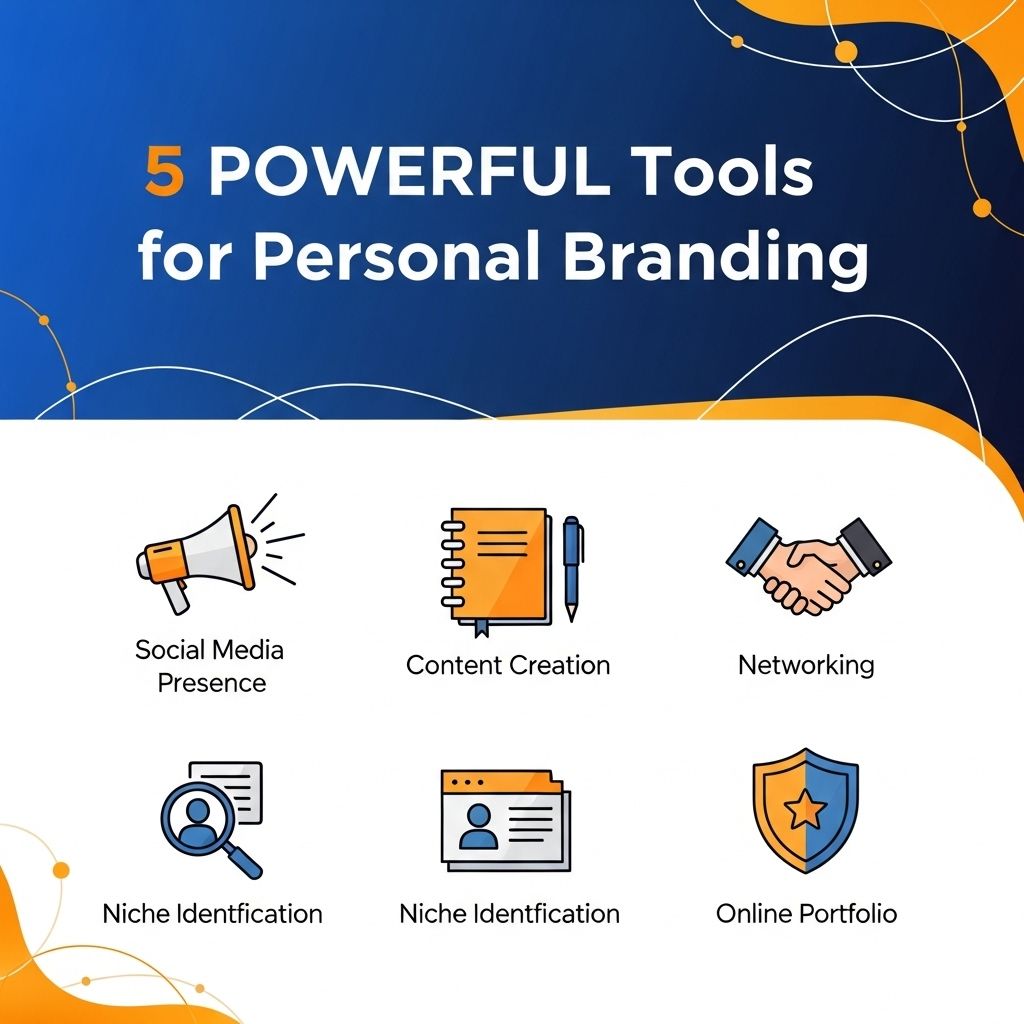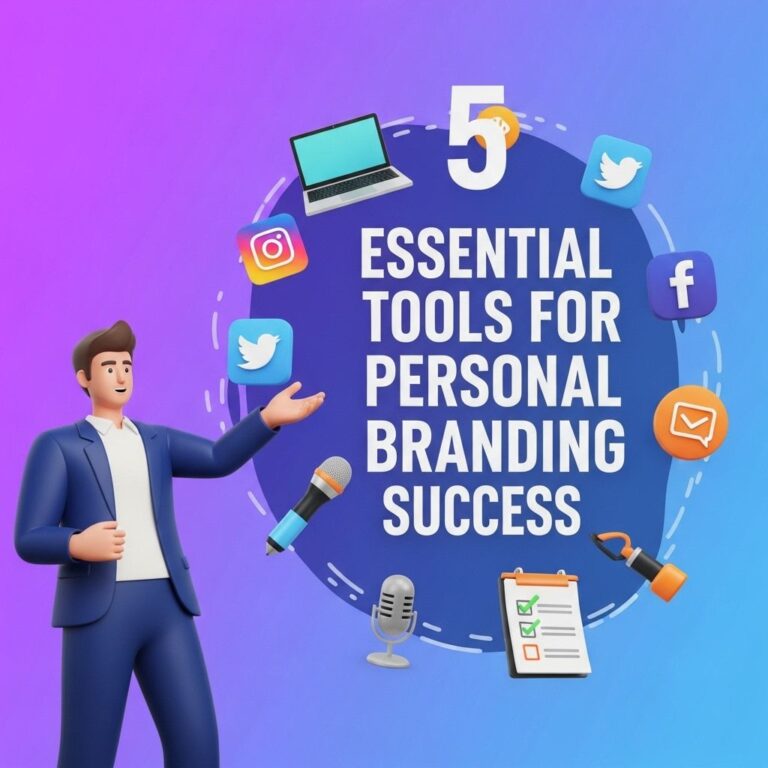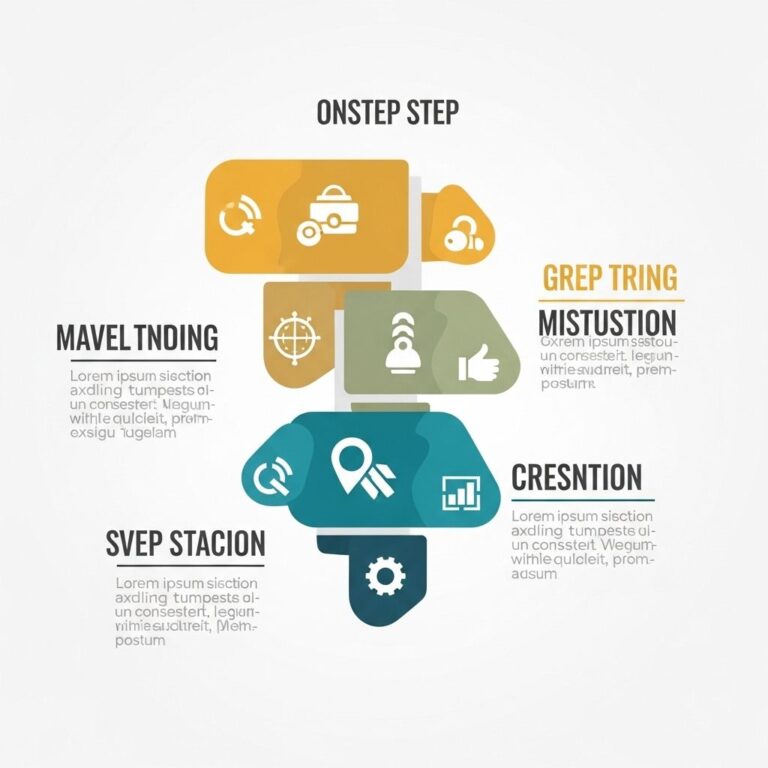In today’s digital age, personal branding has become a critical aspect of career growth and self-promotion. With the rise of social media and various online platforms, establishing a strong personal brand can set you apart from the competition. Whether you are an entrepreneur, freelancer, or professional seeking to enhance your career, leveraging the right tools can help you effectively communicate your value, attract opportunities, and build a lasting impression. Below are five powerful tools that can elevate your personal branding efforts.
Table of Contents
1. LinkedIn: Your Professional Playground
LinkedIn is arguably the most powerful platform for personal branding in the professional world. It serves as an online resume and networking site where you can connect with industry peers, potential employers, and clients. Here’s how to maximize LinkedIn for personal branding:
Optimize Your Profile
- Professional Headshot: Use a high-quality image that reflects your professionalism.
- Compelling Headline: Create a headline that highlights your expertise and what you bring to the table.
- Detailed Summary: Write a summary that tells your story, showcasing your skills, experiences, and what makes you unique.
Engage with Content
Share relevant articles, write posts, and comment on others’ content to establish your voice and expertise in your field. Regular engagement can significantly increase your visibility and attract followers.
2. Personal Website: Your Online Portfolio
A personal website serves as a central hub for your online presence. It allows you to showcase your work, portfolio, and personal brand in a cohesive manner. Here’s what to include on your website:
Key Components of Your Website
- About Me: Share your story, mission, and the values that drive you.
- Portfolio: Display your best work, whether it’s articles, designs, projects, or testimonials.
- Blog: Consider adding a blog section to share insights, experiences, or tips related to your field, which can help establish your authority.
To create your website, you can use platforms like WordPress, Wix, or Squarespace, which offer user-friendly templates.
3. Canva: Design Made Easy
Visual content is crucial for personal branding, and Canva is an excellent tool for creating high-quality graphics without needing advanced design skills. Here’s how you can utilize Canva effectively:
Creating Engaging Graphics
- Social Media Posts: Design eye-catching posts tailored for platforms like Instagram, Twitter, and Facebook.
- Infographics: Summarize complex information in an easy-to-understand format, making your content more shareable.
- Presentations: Craft professional presentations that reflect your brand’s aesthetics.
Templates and Branding
Utilize Canva’s templates for consistency in your visual branding. You can also create a brand kit to maintain your colors, logos, and fonts across all your designs.
4. Buffer: Streamline Your Social Media
Maintaining a consistent social media presence can be daunting, but tools like Buffer can simplify this process. Buffer allows you to schedule posts across multiple platforms, analyze performance, and engage with your audience more efficiently.
Key Features of Buffer
- Scheduling: Plan and schedule your posts ahead of time to ensure a steady flow of content.
- Analytics: Track the performance of your posts to understand what resonates with your audience.
- Engagement: Manage comments and messages from different platforms in one place to streamline your interactions.
5. Google Analytics: Understanding Your Audience
To enhance your personal branding, understanding your audience is key. Google Analytics is a powerful tool that provides insights into how visitors interact with your website.
How to Use Google Analytics
- Traffic Sources: Identify where your visitors are coming from, which can help you focus your marketing efforts.
- User Behavior: Analyze how users navigate your site, which pages they visit the most, and where they drop off.
- Demographics: Gain insights into the age, gender, and interests of your audience to tailor your content accordingly.
Utilizing Insights for Branding
Use the data gathered from Google Analytics to refine your personal branding strategy, identify areas for improvement, and create more relevant content that resonates with your audience.
Conclusion: Building Your Brand in the Digital Age
In a world where everyone has a voice and a platform, building a strong personal brand is essential for success. By leveraging tools like LinkedIn, personal websites, Canva, Buffer, and Google Analytics, you can create a robust online presence that highlights your unique value proposition. Remember, personal branding is an ongoing process. Continuously refine your strategy, engage with your audience, and showcase your expertise to achieve lasting impressions and open up new opportunities in your professional journey.
FAQ
What are the best tools for building a personal brand?
Some of the best tools for personal branding include social media platforms like LinkedIn and Instagram, website builders like WordPress or Wix, graphic design tools like Canva, SEO tools like Moz, and email marketing platforms like Mailchimp.
How can social media help in personal branding?
Social media allows you to connect with your audience, showcase your expertise, share content, and engage with followers, all of which are crucial for building a strong personal brand.
What role does content creation play in personal branding?
Content creation is vital for personal branding as it establishes your authority in your niche, provides value to your audience, and helps in building trust and recognition.
How important is a personal website for branding?
A personal website acts as a central hub for your brand, showcasing your portfolio, services, and contact information, and allows you to control your online presence.
Can graphic design tools enhance my personal brand?
Yes, graphic design tools like Canva can help you create visually appealing graphics, social media posts, and marketing materials that reflect your brand identity and attract your target audience.
What is the impact of SEO on personal branding?
SEO is crucial for personal branding as it increases your visibility in search engines, helping potential clients or employers find you and your content more easily.









